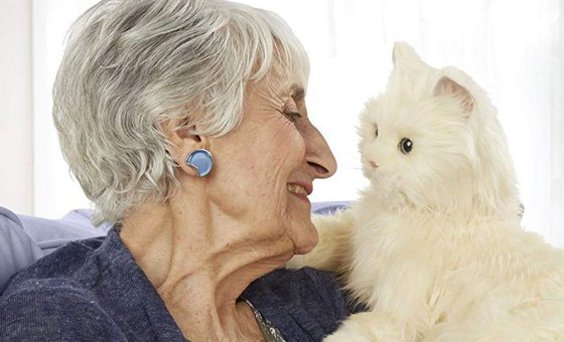By Virginia (Ginny) Merritt
As our first COVID Holidays (in my case, Christmas) draw nigh, I find myself thinking more and more about touch. I am fortunate. This is only the first Christmas I will ever have spent alone in my entire life; something for which I am grateful
I don’t feel lonely thanks to connections via Zoom and Facetime with my adult children and good friends. But virtual get-togethers don’t take away the deep longing for touch. I miss the hugs, the casual touches when joking around, my arm around the warm body of a grandchild while cuddling up and reading stories, little things like toweling off my grandchildren after a swim. The list goes on.
Essential for our physical and emotional health, there has been a lot written about touch deprivation, or skin hunger, during this time of COVID. It’s nothing new, many older adults, especially those who live alone or in care, often go many months without touch. Touch deprivation isn’t limited to older adults, of course, and intensity varies from person to person. We feel it when there is a gap between the amount of touch we need, and the amount we receive.
In 2010, Dacher Keltner, the UC Berkeley psychology professor and faculty director of the Greater Good Science Center, shared his insights on the science of touch: compassionate communication, touch therapies, and proof that “to touch is to give life” in this video that is well worth watching.
Luckily, there are ways to help cope with ‘tactile’ hunger.
- Petting cats or dogs can have therapeutic benefits for humans by releasing the hormone oxytocin. Feeling animal fur can also help lower heart rates and blood pressure.
- For those who are unable to care for a living animal, there are the lifelike Joy For All™ Companion Pets. Robotic sensors let cats purr, meow, nuzzle, and roll over for tummy rubs, while pups react to your voice, bark, and respond to your touch.
- Cuddling a teddy bear or stuffed animal.
- Lying under a weighted blanket, or even a 10-pound bag of rice or flour on your chest.
- Moving your skin forcefully enough to hit your skin’s pressure receptors: scalp massages, yoga, abdominal crunches, caressing different textures, or brushing your skin during a bath or shower.
It is comforting to know that those of us who are older adults know from experience that, “these days, too, shall pass”.

